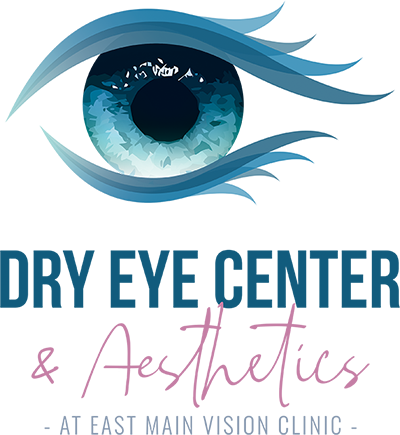March 20, 2024

In today’s world, devices have become omnipresent, and this results in parents becoming more concerned about the effects of screen time on their children. While having access to screens can be educational and resourceful, it can cause problems in development, behavior, and academic performance if used in excess. The current screen time guidelines from the American Academy of Pediatrics are as follows:
Age | Recommended Screen Time (hours) |
0-18 months | 0 |
18-24 months | <1, parent must be involved |
2-5 years old | <1, parent does not have to be as engaged |
6+ years old | Up to parent to set limits. Cannot take the place of sleep, outdoor play, and family time |
It is important to remember that we must set the example for our children. If parents are on their phones all the time, the child will mimic this, keep standards the same for everyone in the family.
The end of the day is the worst time for children to be on their screens. This can lead to:
- Worse sleep efficiency
- Lower grades in school
- Less time with family and friends
- Development of behavioral problems/diagnoses
- Risk of childhood obesity
Why is this? Sleep is so important in so many ways. It helps organize new information, especially for our children who learn so many new things at once. The brain needs to rest to make sense of everything they have learned at school. Sleep solidifies memories throughout the day, leads to creative thinking, cleans toxins, and regulates appetite. A nap does not provide a higher form of sleep quality, and thus does not make up for lack of sleep during the night.
So how exactly are screens affecting our sleep? This all comes down to the blue light that is emitted from our devices. Blue light tricks the brain into thinking that it is still daylight outside. Overall, blue light has a minimal effect on the ocular structures in our eyes, but it has a large effect on sleep duration and quality. To put things into perspective, there is about 100,000 Lux of blue light on a sunny day and only about 300 Lux of blue light from our screens.
Here are a few recommendations we can practice:
- Turn on your smartphone’s blue-blocking ability at night. This is different from the night shift mode as it does not completely block out enough blue light to be effective.
- Remove screens from the bedroom 30 minutes before bedtime. Children should not have a TV in their room.
- TVs are better than tablets, and tablets are better than smartphones. The closer and smaller the screen, the larger the demand needed to focus. This can lead to eye strain, decrease in focusing ability, and binocular vision complications.
We all know as parents we want the very best for our children, it is a lifelong challenge of day-to-day decisions. Hopefully, this provides some helpful guidelines for parents. If you would like more information on blue light or screen time with children, please call us at (253) 780-0700.



